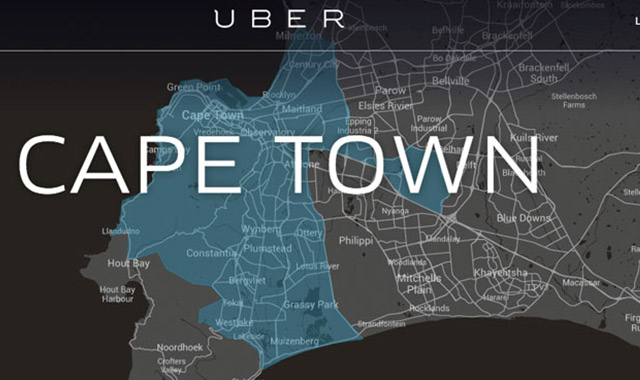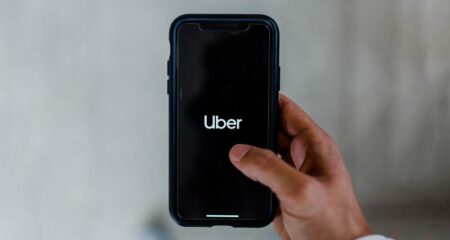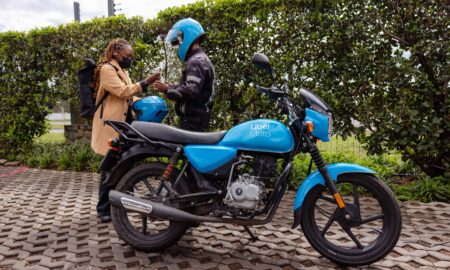
Transport network company Uber has enjoyed explosive growth in the past year in South Africa, with local users of its application logging more than 2m trips in the first six months of 2015.
That compares to a total of 1m trips taken in the whole of 2014, sub-Saharan African GM for Uber Alon Lits said on Wednesday. Most of the growth has come from Johannesburg and Cape Town, with Durban lagging because of a moratorium on new licences for drivers in the city.
“This growth is only the beginning and we are expecting big things for the rest of the year,” Lits said.
Growth in Johannesburg and Cape Town in the first 12 months of operation far exceeds growth experienced in San Francisco, London and Paris in those cities’ first year, Lits said. The company claims to have created more than 2 000 jobs in South Africa.
At a media briefing on Wednesday, Lits provided insight into how South Africans use Uber.
He said average waiting times for a car have come down significantly in the past year. Last year, users of the app would typically wait at least 10 minutes for a ride.
The average time to wait for a driver is now 4,2 minutes in Johannesburg, 4,6 minutes in Durban and 3,5 minutes in Cape Town. This compares favourably to 2,6 minutes in San Francisco, 2,7 in New York City and 5,4 in Milan in Italy, Lits said.
Uber’s entry into the South African market hasn’t been without complications, though. In Cape Town and Durban, in particular, the service has encountered bureaucratic obstacles.

In Durban, a moratorium on operating licences for new drivers has affected Uber’s ability to scale the business, Lits said.
“Many drivers are being shut out of the system and this is really standing in the way of our growth,” he said. “Durban has grown a lot slower than Cape Town and Johannesburg.”
Lits said Uber has had enough of the problems in the KwaZulu-Natal city. “We’ve reached a point where we wouldn’t let this stand in the way of job creation… An operating licence is a piece of paper. We are not going to let regulatory bottlenecks stand in the way of job creation.”
Cape Town has also been challenging. At first, the city also had a moratorium on new licences. It has since started licensing drivers, but the process is complex and seems designed to favour big taxi operators and work against small owner-operators, Lits said.
He said a decision by officials, expected this coming Monday, will “unlock a huge number of operating licences” in Cape Town.
Johannesburg, meanwhile, has been “smooth sailing”, Lits said.
He hinted that Uber is planning to launch new services in South Africa later this year.
These include UberPool, a way of allowing commuters to find people near them to share their commutes to destinations that are in the same vicinity, and UberEats, a food delivery service launched in Los Angeles where some participating restuarants now sell more food through Uber than through their retail stores.
Lits was not prepared to commit to South African launch dates for UberPool and UberEats. — © 2015 NewsCentral Media




